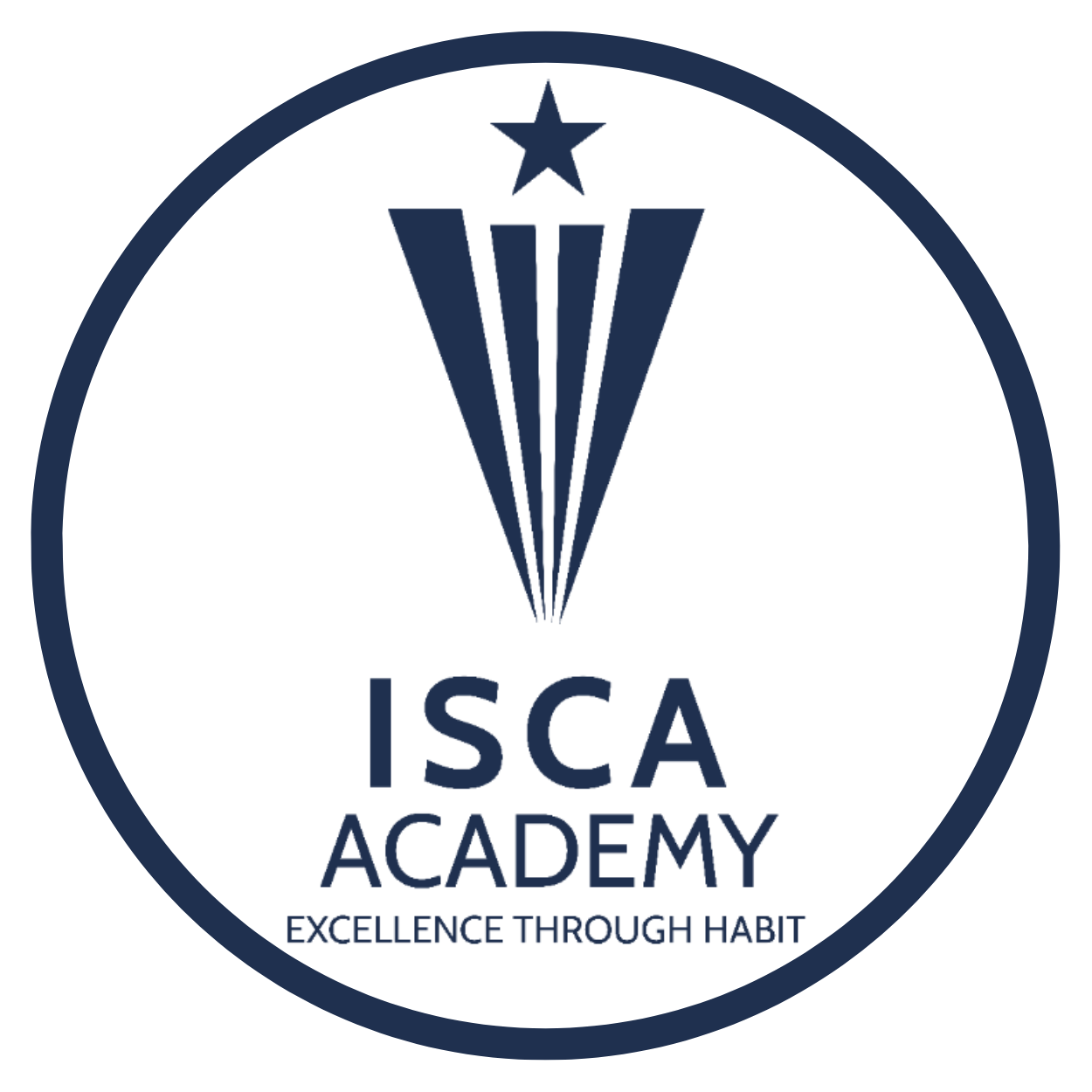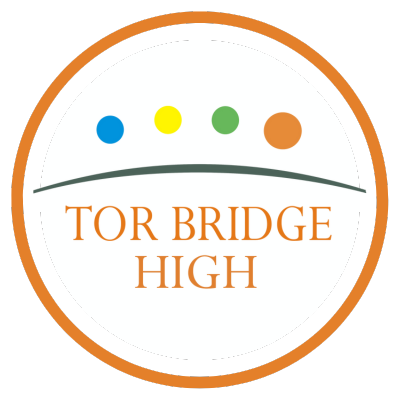Did you know?
This section aims to answer some of the key questions we often get asked. If you cannot find the answer to your questions below, please contact us on info@tedwraggtrust.co.uk
Are policies set at school or Trust level?
Wherever possible as a Trust we look to reduce the administrative burden on schools so that they can spend their time teaching and supporting the young people in their schools. This means that wherever possible we try and support schools by creating best practice policies we can all use. However, we believe strongly in the importance of local leadership, particularly given the different contexts and communities of our schools. We have identified 15 policies that are adapted to the local school context and approved locally, either by the Headteacher or Local Governing Board. These policies are the ones most tailored to the local context and will vary in content between schools:
- Accessibility Policy and Action Plan
- Admissions Policy
- Anti-bullying Policy
- Attendance Policy
- Behaviour Policy
- Careers Policy
- Child Protection & Safeguarding Policy
- Early Years Foundation Stage (EYFS) Policy
- First Aid In Schools Policy
- Relationships & Sex Education Policy
- Remote Education Policy
- School Closure Statement
- School Uniform Policy
- SEND Policy
- Supporting pupils with medical conditions policy
How do children benefit from collaborating with others across the Trust?
Collaboration is one of our three values within the Ted Wragg Trust and there are often many informal opportunities for children from across our schools to meet and collaborate with other students. However, we are also increasingly creating opportunities for this to happen more frequently:
- Innovation Competition: This year marks the 3rd year we are bring students from across our schools together to take part in our Trust wide innovation competition. It brings students from Y3 to Y11 together to develop project ideas to tackle some of societies biggest issues. They then have an opportunity to pitch their big idea to a panel of experts. This is a wonderful event that brings together all of our schools and builds key skills for our students around teamwork, public speaking and turning their ideas into real world solutions.
- Ted Wragg Awards: In October last year we held our first ever Ted Wragg Awards evening to celebrate the extraordinary efforts and achievements of students, staff, volunteers and governors from across our schools and shared services teams. You can read more about it here. We were delighted to be able to welcome so many students, families, staff members and volunteers to join our celebrations and are exploring how we can build on last year’s fantastic start to make an even more impactful and inclusive celebration this year.
- Ted Wragg Choir: Last year we launched our inaugural Ted Wragg Choir bringing together student and staff representatives from across the majority of our schools. We are looking forward to continuing to grow this in the coming years and find increasing opportunities for them to perform together. For more information, or to get involved contact info@tedwraggtrust.co.uk
- Primary Competitions: Throughout the academic year, we run various competitions across our primary schools. These have included a Christmas Poetry Competition and Easter Story Competition open to all children to enter and a Maths Challenge for teams of Year 4 children. Our primary teachers regularly meet to share their curriculum ideas for the term and arrange opportunities for children in their classes to meet virtually with those in other schools to share learning.
- Sports Events: Our schools take part in a number of intermural sports events with other children across our trusts and with other schools locally. These include a wide range of sports from cross country and mulit skills to tag rugby. Along with competitive league football and netball opportunities.
What are you doing to support children’s health and wellbeing?
As a family of schools, we’re committed to supporting our students' mental health and wellbeing as part of our mission to transform lives and strengthen our communities. Last year we launched a Health Advisory Board working with academic experts, leaders in our schools and NHS specialists to look at how we can collectively support the health and wellbeing of our children. You can find out more about the work of the Health Advisory Board here.
As part of this work, our Trust Emotional Literacy and Wellbeing Strategy was launched across schools this year, underscoring our belief in a whole-school approach to mental health. The strategy’s vision is to ensure every child is taught the skills they need to be emotionally literate, self-aware, and mentally well, helping to create a supportive, healthy learning environment across all schools.
As part of this we are training staff across our schools to give them the knowledge and tools to support our students. This is being piloted across 3 schools this year and will be extended to all other schools next academic year. This has included Emotional Logic Foundation Award training to use as an intervention for children with social, emotional and mental health needs, as well as RULER approach training to help schools foster a culture of emotional literacy.
Alongside this, in early 2025 Senior Mental Health Leaders across our schools embarked on their journey to gain accreditation for the Mental Health Charter Mark. This training, offered in partnership with Imagine Inclusion, provides school leaders with the knowledge and resources to enhance their mental health support systems, equipping them to make a lasting impact on each of our students' lives.
As a Trust we work closely with Plymouth Multi-Agency Support Team to provide Educational Psychologist support to our schools across Devon. Our schools also benefit from the direct support of the NHS Mental Health in Schools Team and most have a link professional who provides one-to-one and group support to students who are experiencing difficulties with their mental health.
Each of our schools also have their own local approaches to supporting the mental health and wellbeing of their children, from having school therapy dogs to trained mental health advisors or student mental health advocates.
Why do schools use lesson removal?
Lesson removal is used as a last resort to ensure students are able to learn in a calm environment where students feel safe and secure. We want to ensure that:
- there is a culture of happiness, achievement, ambition and learning everywhere in our schools, where students enjoy learning and no learning opportunity is missed;
- we provide clarity for students, staff and the community about expected behaviours;
- we encourage students to make positive choices and take responsibility for their own actions;
- we enable teachers to deliver engaging and creative lessons, experiment and take risks, without concern for behavioural interruptions as barriers.
Lesson removal is also used to ensure the safety and welfare of students and may be used under the following circumstances:
- safeguarding individuals from harm where risks identified;
- for serious one-off incidents when suspension isn’t appropriate;
- supporting students with reintegration back in to school.
The rate of lesson removal across our Trust secondary schools during the 22/23 academic year was 0.44%, meaning of the total lesson time available students spent 99.56% time in their lessons. We are always looking at ways to reduce the use of lesson removal, and you can read more about this here.
Use of the toilet during the school day
Students can go to the toilet during their lesson time, one at a time. They will usually be issued with an out of lesson pass by their teacher before leaving the classroom. Sometimes, a student may be asked by a teacher to wait for a short time before going to the toilet, this is if another student is already out of the lesson or if it is at an important time in the lesson. If a student really needs to go, they are allowed. Students with toilet passes can go at any time, even if another student is out of the room. This is because they have a medical need that means they may need to use the toilet with urgency.
Whilst we do not have a Trust wide toilet policy, we do support schools to encourage children to stay in lessons wherever possible. Our schools will often encourage students to use the toilet before school, during break times and after school wherever possible to maximise the time they spend in lessons.
What data do you publish?
Annually you can view our performance data as a Trust via the DfE website here. This is routinely published in February each year.
We conduct student, parent and staff surveys annually across all of our schools. Thank you so much to everyone who takes the time to fill these in. They are really helpful to us in helping us to continue to improve the experience of students and families across our schools. Each of our schools will share the key headlines both in terms of celebrations and areas for improvement with their community once the results have been analysed and schools have had an opportunity to develop action plans with their Director of Education and their Chair of Governors – this will usually be the half term after the survey has been completed.
A summary of this data is now published every year as part of our Annual Report and you can find the latest Annual Report (2023/24) here.

















